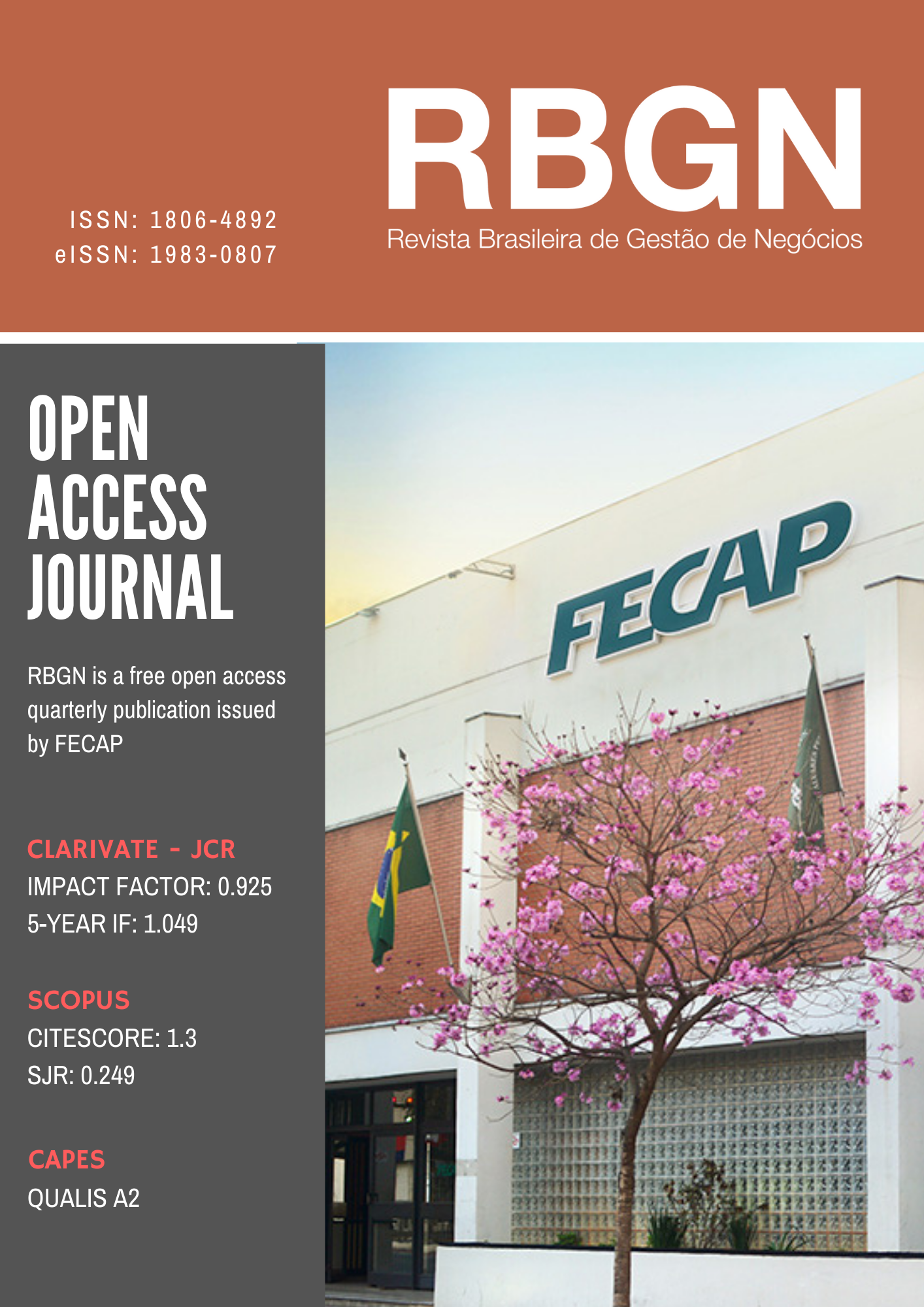Abstract
Purpose – Building upon the relevance of emotional intelligence (EI) in predicting individual performance at work, this research paper examines the links between trait EI facets, co-worker trust, and task performance in a software engineering job.
Theoretical framework – Specifically, it draws upon the Joseph and Newman (2010) cascading model to hypothesize that trait EI facets impact on task performance in a sequential way. It also empirically tests the mediating effect of co-worker trust on the link between emotion regulation and task performance.
Design/methodology/approach – This study follows a predictive design with two data collection phases. In the first phase EI facets and co-worker trust were self-rated by the participants. The second phase was implemented after six months to collect the employees’ task performance ratings from direct supervisors. A final sample was obtained of 102 employees, all of whom were project software engineers.
Findings – The results from structural equation modelling provided support for the expected sequential effect between the EI facets under study (from appraisal of others’ and one’s own emotions to emotion regulation). They further showed that the effect of emotion regulation on task performance is fully indirect and occurs via co-worker trust.
Research Practical & Social implications – Managers should build and develop a workforce of individuals with high trait EI, since they are more able to achieve stronger levels of task performance by developing feelings of trust towards their co-workers.
Originality/value – To the best of our knowledge, this is the first study to focus on the interplay between trait EI facets and co-worker trust in determining task performance at work.
If a paper is approved for publication, its copyright has to be transferred by the author(s) to the Review of Business Management – RBGN.
Accordingly, authors are REQUIRED to send RBGN a duly completed and signed Copyright Transfer Form. Please refer to the following template: [Copyright Transfer]
The conditions set out by the Copyright Transfer Form state that the Review of Business Management – RBGN owns, free of charge and permanently, the copyright of the papers it publishes. Although the authors are required to sign the Copyright Transfer Form, RBGN allows authors to hold and use their own copyright without restrictions.
The texts published by RBGN are the sole responsibility of their authors.
The review has adopted the CC-BY Creative Commons Attribution 4.0 allowing redistribution and reuse of papers on condition that the authorship is properly credited.


